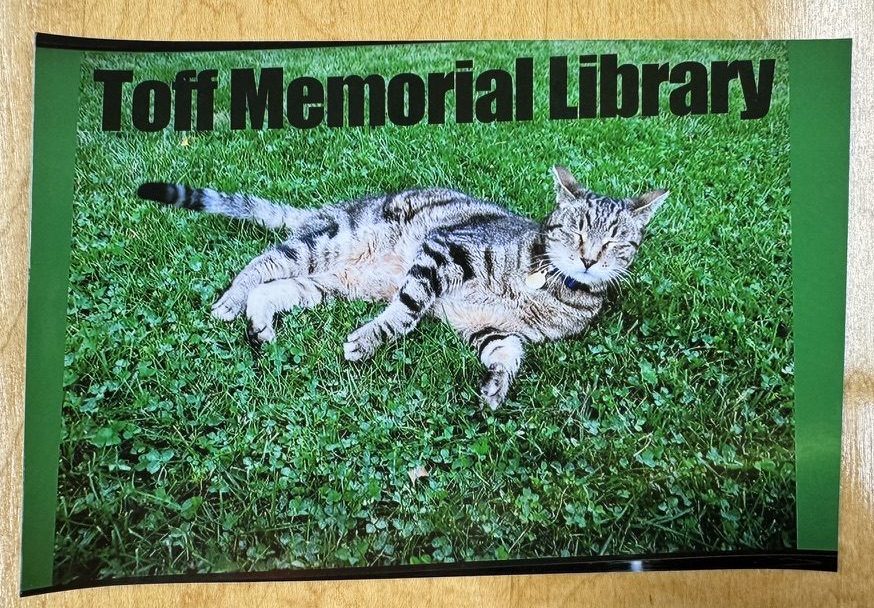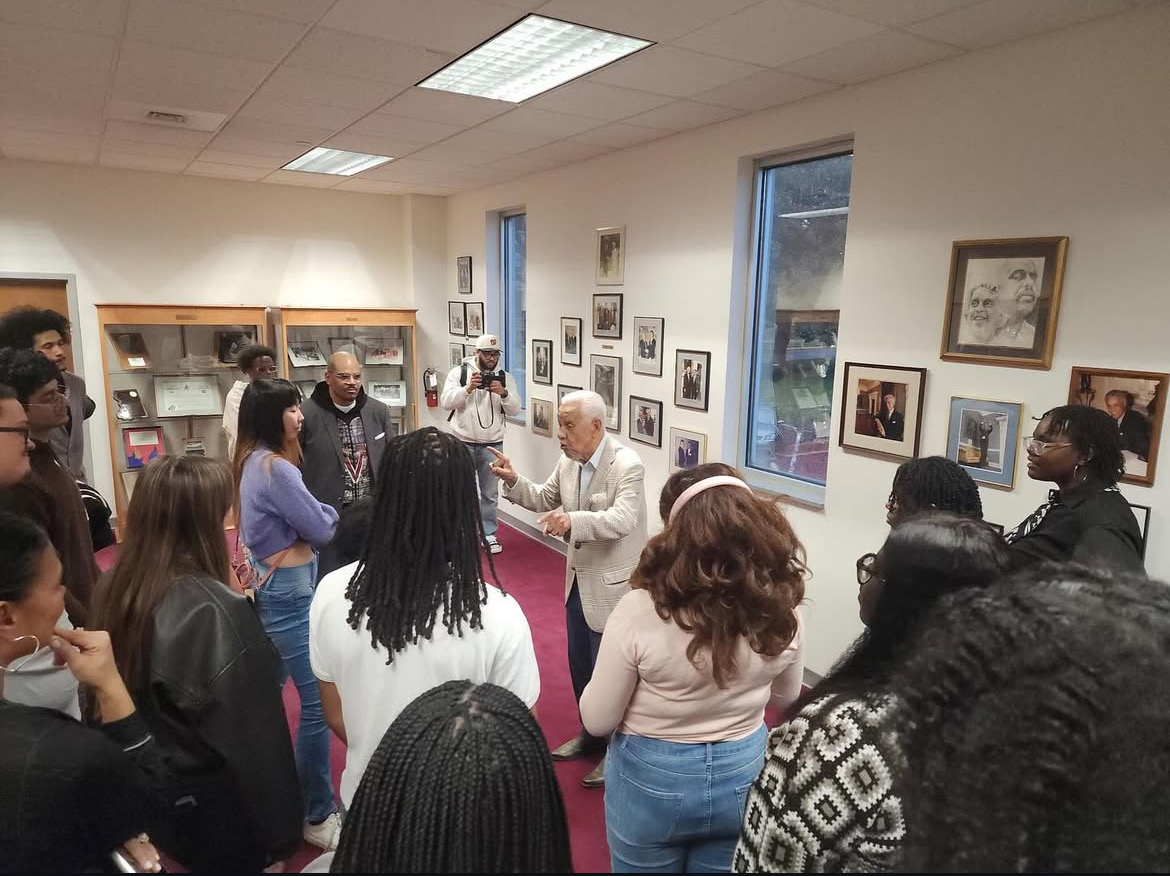From February 11th to 16th, professors and student groups held Carleton’s first-ever Africana Studies Week, featuring lectures, panels, films and performances focused on Blackness and pan-African culture. Faculty in Carleton’s Africana Studies program, staff in the Gender and Sexuality Center (GSC), and students in the Black Student Alliance (BSA), African and Caribbean Association (ACA) and Women of Color+ organized the week.
According to Director of Africana Studies Jeff Snyder ’97, the two main objectives of Africana Studies Week were to highlight Africana Studies as a field of inquiry and as a growing academic program at Carleton.
“We wanted to showcase the broad scope and analytic power of a multidisciplinary field that examines the rich connections and exchanges among African people, their descendants, and the various ‘new worlds’ in which they have made and are making their lives,” Snyder said.
Snyder explained that Assistant Professor of Africana Studies and Political Science Charisse Burden-Stelly came up with the idea for Africana Studies Week, and that student groups helped to develop and promote the week’s programming.
Each day of Africana Studies Week had at least one event. The week began with a digital campaign; hosted a lecture on the history of Pan-Africanism; held a panel on class, gender and race in U.S. Senator Kamala Harris’ 2020 presidential campaign; discussed Black LGBTQ identities and intersectionality; screened the 2012 film Django Unchained; and concluded with ACA’s cultural showcase.
JUMP
According to ACA Co-President Amie Salem ’20, Africana Studies Week happened to coincide with one of the club’s biggest events, its cultural showcase. “We had already planned African and Caribbean Night last term, and we found out about Africana Studies week two weeks before,” Salem said. African and Caribbean Night was held on Saturday, February 16th, in Kracum Performance Hall. This year’s theme was “Across Ocean, Beyond Borders,” aimed to “celebrate African and Caribbean cultures through immigrant experiences,” according to the event’s Facebook page.
“My main role in planning was ACA night and that was probably my favorite part of Africana Studies week,” said ACA Dance Coordinator Funto Akindona ’20. “The night was full with amazing performances, good music, and good food. It was just a night for Africans and Caribbeans to celebrate their diverse cultures and share it with the larger Carleton campus.”
BSA Treasurer Kenya Cooper ’21 said that student leaders had the opportunity to hold discussions programming of interest to them. “Specifically, what I contributed to Africana Studies Week was the discussion about the different aspects of Blackness,” said Cooper. “I had a talk pertaining to African-American, African-Caribbean, Afro-Latinx, talking about the different cultural, national and historical realities that differentiate one another, but that we’ve all been racialized under ‘Black.’”
“My impression is that the week was a real success,” said Snyder. At this point, he is not sure whether Africana Studies Week will become an annual event.
Carleton’s Africana Studies program succeeded the college’s African and African American Studies program beginning in the 2017-18 academic year. Snyder hopes to bring attention to the program’s course offerings next term, which include Prof. Burden-Stelly’s “The Black Intellectual Tradition in the Twentieth Century” AFST 200 course. In addition, Marlon Bailey, Benedict distinguished visiting professor in Africana Studies, will teach “Gender and Sexuality in the African Diaspora” and “Intersectionality” for the program next term. Bailey is visiting from Arizona State University, where he is an Associate Professor of Women and Gender Studies.
Editors-In-Chief Ross Matican and Sarah Lieberman contributed reporting.












